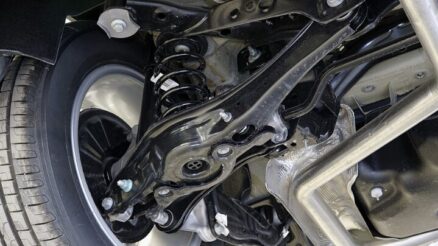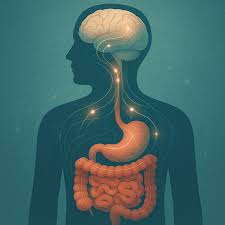Cavities, or dental caries, are a common yet entirely preventable dental issue affecting both children and adults. Despite breakthroughs in treatment, cavities are still a common issue in dentistry; if left untreated, they can cause pain, discomfort, and even more difficulties. However, you can substantially reduce your child’s and your own risk of cavities by taking preventative steps and adopting proactive strategies. From dietary choices to oral hygiene practices, here are five effective ways to best avoid cavities and maintain optimal dental health.
1. Practice Proper Oral Hygiene
Keeping your mouth clean is essential to preventing cavities in both adults and children. Tooth decay can be prevented by eliminating plaque, a sticky layer of bacteria, from your teeth by brushing twice a day with fluoride toothpaste. Be careful to clean the front, back, and chewing surfaces of your teeth with a toothbrush with soft bristles. Remember to floss every day to get rid of food particles and plaque from between your teeth and along the gum line.
Adding premium toothpaste to your daily dental hygiene regimen can help prevent cavities even more. To help strengthen teeth and remineralize enamel, consider using hydroxyapatite toothpaste, which includes hydroxyapatite nanoparticles. As an alternative to conventional fluoride toothpaste, hydroxyapatite has shown efficacy in cavity prevention and general oral health promotion.
2. Follow a Balanced Diet
The food you eat has a big impact on your dental health; therefore, eating a healthy, balanced diet is crucial to avoiding cavities. Reduce the amount of sugary and acidic meals and drinks you consume because they can cause tooth decay by encouraging the development of oral bacteria. Instead, concentrate on eating plenty of fruits, vegetables, dairy products, and lean proteins because these foods provide vital nutrients that support healthy teeth and gums.
Be aware of your kids’ snacking habits and encourage them to choose nutritious foods. Provide healthy snacks in place of sweetened foods and drinks, such as fruits, vegetables, cheese, and yogurt. Drinking plenty of water throughout the day can also help lower the risk of cavities by neutralizing acids in the mouth and rinsing away food particles.
3. Incorporate Dental Sealants
Dental sealants are a kind of preventative dentistry that can help shield teeth against cavities, especially in younger patients. These thin plastic coverings are placed on the chewing surfaces of premolars and molars, where deep pits and grooves often lead to the development of cavities. By smoothing the surface, dental sealants lower the chance of decay by keeping food particles and bacteria from becoming trapped in these areas.
Children should have dental sealants as soon as their permanent teeth emerge, which is generally between the ages of six and twelve. Sealants, however, could also be advantageous for people who have a greater risk of cavities. It’s a great alternative for cavity prevention because of how quickly, easily, and non-invasively the application procedure is done.
4. Use Fluoride Products
Fluoride is a mineral that helps strengthen tooth enamel and protect against cavities. Including fluoride products in your dental hygiene regimen can help keep your teeth healthy and prevent tooth decay. Use mouthwash and toothpaste containing fluoride authorized by dental associations like the American Dental Association (ADA) and follow the manufacturer’s instructions.
Your dentist could advise professional fluoride treatments in addition to fluoride toothpaste and mouthwash, particularly if you or your child are more likely to have cavities. These treatments involve applying a concentrated fluoride solution to the teeth to strengthen enamel and provide added protection against decay.
5. Avoid Tobacco and Limit Alcohol Consumption
The risk of cavities, gum disease, and oral cancer is considerably increased by tobacco use, whether it be by smoking or chewing tobacco. You can lower your risk of cavities and preserve your dental health by quitting smoking and avoiding all tobacco products. In the same way, drinking too much alcohol can exacerbate gum disease and cavities in the mouth.
To preserve the best possible dental health, reduce alcohol consumption, and avoid binge drinking. To reduce the impact of alcohol on your teeth and gums, if you do want to drink, be sure to do so in moderation and rinse your mouth thoroughly with water afterward. Reducing your risk of cavities and supporting general dental health is as simple as avoiding tobacco and limiting alcohol use.
Conclusion
Preventing cavities requires a multifaceted approach that includes proper oral hygiene, a balanced diet, regular dental visits, the use of fluoride products, and avoiding tobacco and limiting alcohol consumption. By implementing these measures into your daily routine and encouraging your children to do the same, you can successfully lower your risk of cavities and preserve healthy teeth and gums for the rest of your life. Remember to prioritize your oral health and make preventive care a priority to enjoy a lifetime of healthy smiles.





